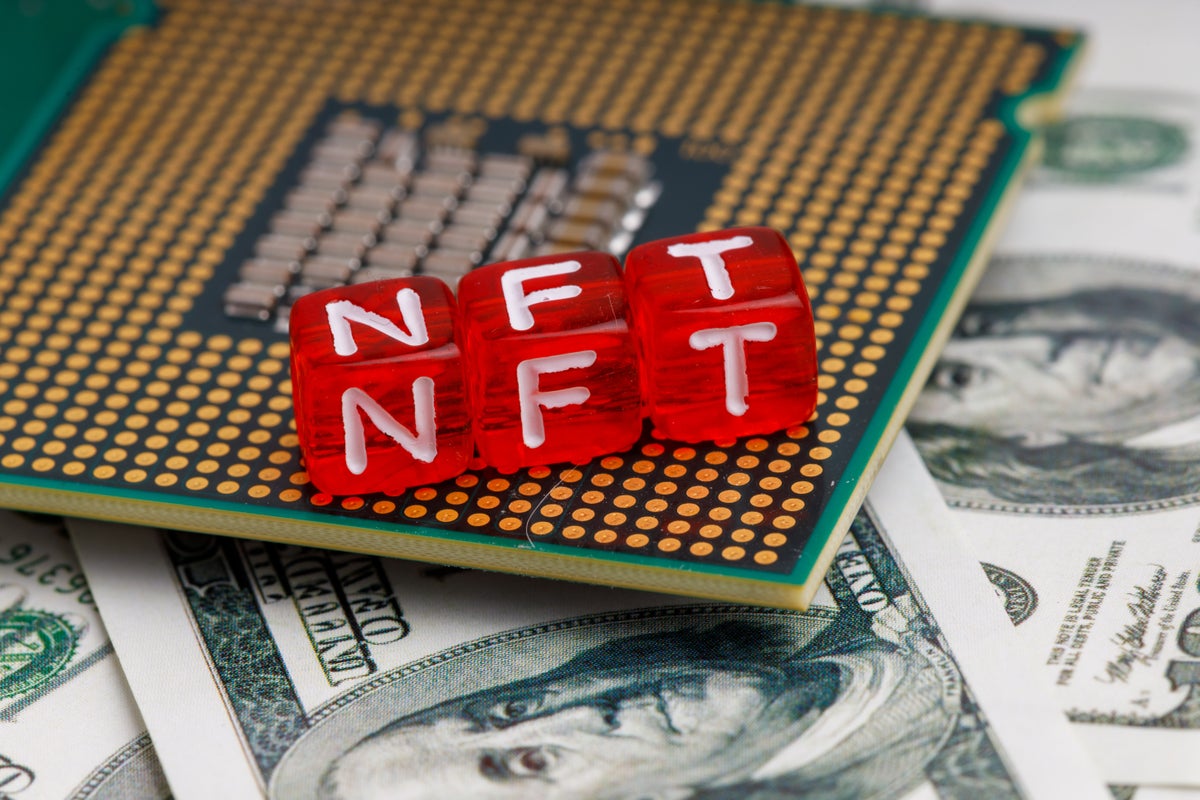Madison Metals MMTLF Executive Chairman and CEO, Duane Parnham, has always been known as an innovator in the mining space. His latest gambit linking pounds-in-the-ground with non-fungible tokens (NFTs) is his latest idea which is attracting attention in the generally-stodgy world of uranium mining.
On September 30 after market, the Madison Metals announced the signing of a first-of-its-kind uranium forward sales agreement with Lux Partners Ltd. Lux Partners operates Lux Network, the first decentralized blockchain integrated with and operated by a network of regulated bank and money transmitter partners.
The five-year exclusive supply agreement provides for the delivery of up to 20 million pounds of U 3 O 8 from Madison’s uranium projects in Namibia following the commencement of commercial production. The fulfillment of the U 3 O 8 delivery would back the first-ever uranium-backed non-fungible tokens. Lux will initially tokenize 7.65 million pounds of U 3 O 8 that Madison has contributed to the Lux partnership, followed by an additional 12.35 million pounds to be minted as conditions warrant.
The tokenization of pound in the ground carries a myriad of benefits for Madison Metals and unit holders, such as:
• Expose unit holders to uranium market upside while also earning additional fees from lending and liquidity
• Provide non-dilutive capital to the company to explore, develop and mine its properties
• To potentially expand Madison's investor base through exposure to crypto market investors
Currently, uranium sales & deliveries are commonly fulfilled via forward contract. A forward contract is a customized contract between two parties to buy or sell an asset at a specified price on a future date. They can be used for hedging or speculation, although its non-standardized nature makes it particularly apt for hedging.
Similar to a forward contract, uranium contracts are also traded as futures market contracts on exchanges like the COMEX. Futures contracts consist of one delivery at a future defined date and typically priced at or near the published spot market price at the time of purchase. A futures contract involves both a buyer and a seller—similar to an options contract. But unlike options which can become worthless at expiration, a buyer is obligated to purchase and receive the underlying asset and the seller of the futures contract is obligated to provide and deliver the underlying asset when the contract expires.
Now, through tokenization of their developing uranium deposit in Namibia, Madison Metals is bringing forward contracts to the blockchain. But much like a traditional miner, it's main obligation remains to supply the forward contract obligations that it has committed to through NFT issuance facilitated by Lux.
This article was originally published on The Dales Report and appears here with permission.
© 2022 Benzinga.com. Benzinga does not provide investment advice. All rights reserved.

